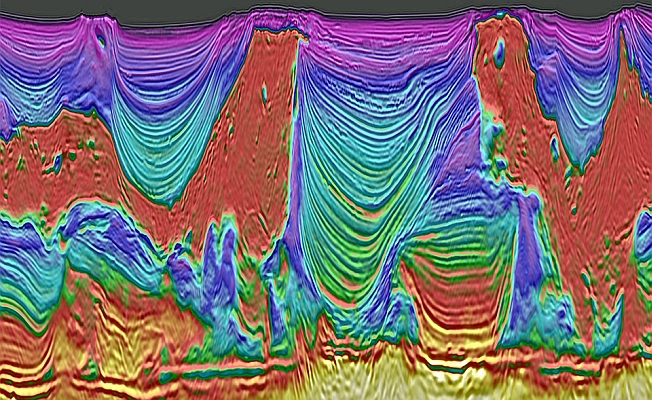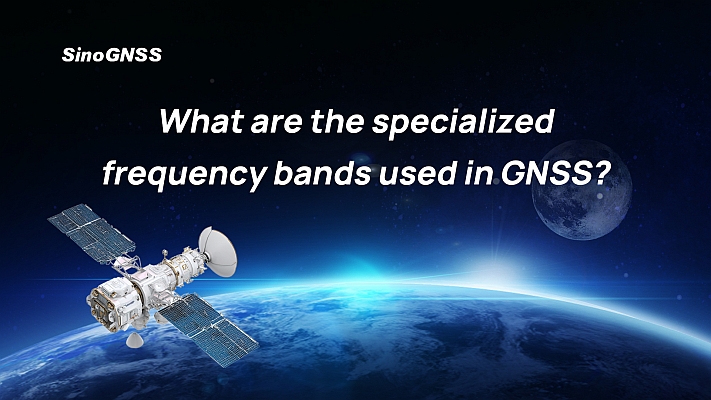OpenGeo today announced that the Ocean Biogeographic Information System has selected OpenGeo Suite Enterprise Edition to replace their existing geospatial mapping tools. The product is a fully-integrated, open source geospatial platform for manipulating maps and data that provides enhanced capabilities like the ability to edit vector data through a web interface, imagery delivery and customized web application development. OpenGeo will provide unlimited support and bug fixes for PostGIS, GeoServer, OpenLayers and the rest of the open source platform to help OBIS extract intelligent data more easily from its 27 million record database and improve the ease of use for its global audience.
Dr. Edward Vanden Berghe, Executive Director of OBIS, said, "We are very enthusiastic about this collaboration. Our mapping systems were reaching capacity with the high volume of records and we had limited developer time to address the situation. We required a solution that harnessed the broad flexibility that open source provides plus advice and support to help us improve our core database. OpenGeo was able to work through these challenges to show us how to extract intelligent summaries from our data and share it in useful ways with our global constituents."
Dr. Vanden Berghe continued, "Through our host institute, Rutgers University, we have free access to the products of the market leaders in the proprietary world, but it was still cost prohibitive to run our database on them because each required engineers who were experts on the respective complexities. By contrast, the OpenGeo Suite Enterprise Edition is flexible and easy to understand so we are able to derive value from it without having to bring in expensive consultants. And even more important, we will be able to share any developments with our international partners, many of which are located in the developing world, and are not in a position to buy licenses to expensive proprietary software."
Created as the data integration component of the Census of Marine Life, (CoML, a global network of researchers in more than 80 nations engaged in a 10-year scientific initiative to assess and explain the diversity, distribution, and abundance of life in the oceans) OBIS has grown significantly beyond its original scope and now integrates data from many sources over a wide range of marine themes, from the poles to the equator, from microbes to whales. The expansion necessitated the development of a complex database and a formal review of several web-based geospatial mapping systems was undertaken by OBIS.
Follow us on Twitter.






